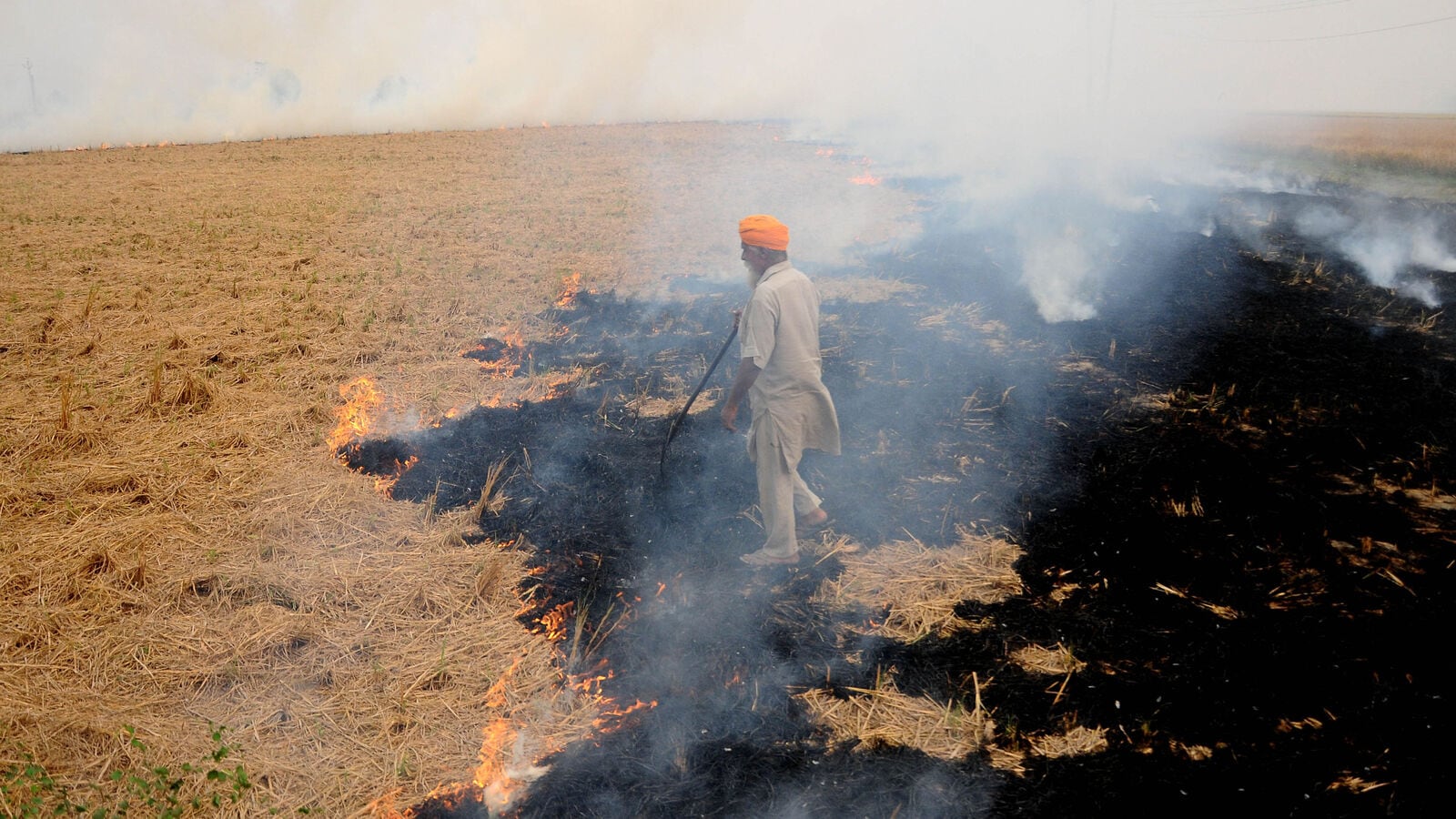For him, using medical insurance for his mother’s treatment resulted in private investigators knocking at his door.
In March, Kumawtt’s mother underwent an Ayurvedic treatment at a hospital in Bengaluru, Karnataka. Neither was it her first treatment at this hospital, nor her first claim, as two years ago her insurer had settled a similar cashless claim.
But this time, after Kumawtt filed for reimbursement, he got a call from an investigative agency wanting to verify the claim by visiting his mother’s house. What followed left Kumawtt flustered.
“Two men who were third-party detectives and not from the insurance company came to our house and asked us to fill out a form with a questionnaire. The questions were strange, such as why was this treatment necessary and couldn’t be done at OPD? Why did we choose this hospital and not go to one within 5km of our house? It felt like we had to justify every single decision we took during the treatment,” he said.
After the two men were done questioning, they dialled up someone at their office and made Kumawtt’s mother speak to them. “That person asked the same set of questions again to my mother,” he added.
That wasn’t it. The two investigators asked Kumawtt to write everything again in the form of an essay, in first person, on a blank piece of paper and sign it. “This was the most embarrassing part,” he recalled.
“At the time of signing the form, this agent clicked a picture of my mother signing the form, to which I did not object. Next, he turned around and clicked a picture of the house. It was the last straw,” he added.
He asked them to delete it and refused to share his Google timelines as it violated his privacy. He had to give them an undertaking, saying he refused to share these details.
The scrutiny left a bad taste in Kumawtt’s mouth. “At one point, we felt like we didn’t need the claim amount if this is the extent of scrutiny we will be subjected to.”
In Thane, Maharashtra, Rekha Shah had to face the same ordeal. After paying premiums on her health insurance policy for five years, when she made her first claim after a three-day hospitalisation, she, too, was interrogated by a third-party investigative agency for fraud.
“One man came to my house unannounced, claiming to be an investigator. I wasn’t even sure I should let him in, as it could be a fraud. I checked his ID and allowed him in, but I was scared throughout,” she said.
She was hospitalised following a low platelet count of 36,000. The hospital didn’t allow cashless hospitalisation, so she filed for reimbursement. The investigator wanted to check whether the claim was fake or genuine.
“He took my blood reports to verify the platelet count on admission. He kept asking me if it was a forceful admission on my part or was it on a doctor’s advice, and whether I take medicines for diabetes or blood pressure. The questions felt intrusive, and the entire experience was intimidating,” she added.
It is not new for insurance companies to probe suspicious claims through third-party investigative agencies to curb fraud. But the growing reliance on them as a blanket practice is concerning.
An insurance consultant, on the condition of anonymity, told Mint that the largest health insurer, Star Health, has tie-ups with over 500 private investigative agencies.
Emailed queries to Star Health and other major general insurance companies did not elicit a response till the time of publishing this story.
A new norm
Such investigations have become a norm with reimbursement claims, said Aditya Shah, founder, Hercules Advisors. “Most frauds happen in reimbursement cases. In reimbursement, hospitals can charge irrationally, which is not the case in cashless claims, as the insurance company and the hospital have a memorandum of understanding for every treatment that gives the former a clear idea of the treatment cost. Hence, insurers are wary of reimbursement cases. However, to detect bad apples, they also end up troubling the good ones.”
Instead of devising a proactive mechanism to identify fraud, insurance companies seem to be following an elimination process. To narrow down fake claims, they scrutinise all reimbursement cases.
According to industry estimates, 10-15% of the total annual claims paid could be fraudulent. Since there is no regulatory requirement for insurance companies to disclose fraud claims, there is no official data on the same.
A private detective, on the condition of anonymity, told Mint that out of the 250-odd health insurance claims he has investigated in the last four years, 16 were detected as fraudulent. That’s a meagre 6% success rate.
“We primarily visit hospitals, and the staff allows us. It’s a well-accepted process to verify the authenticity of the claim. If we have further doubts or the patient is discharged before our visit, we have to visit the home address. We also verify the case with at least four neighbours and with nearby shops by enquiring about the health and well-being of the patient in question,” he said.
The agency he works for has tie-ups with six to seven insurance companies.
Rahul Rai Gupta, founder and chief executive, Secret Watch Detectives, which works with insurance companies, said about 5% of the cases sent to them turn out to be fraudulent. “We don’t deal with the claimant directly. We investigate them through the medical institute and by other means, but never question them directly,” he said.
“Using private investigators helps insurance companies detect potential fraud and validate claims efficiently. However, the legal and ethical boundaries, especially concerning claimants’ consent and data privacy, are equally critical,” he added.
However, this is not how private investigators generally function. Shah said the standard practice is to tie up with smaller agencies. “These agencies don’t understand insurance and are not trained to investigate related matters. They operate unprofessionally and ask bizarre questions.”
In Nashik, Maharashtra, Anil More knows this too well.
He has been fighting for a ₹85,000 claim since February following a three-day hospitalisation. “Two men visited my home and asked me questions like why my friend was staying with me in the hospital and not my wife. I questioned them if there’s a condition that the wife needs to be at the hospital to pass the claim.”
“They kept asking why I didn’t tell the doctor to do certain diagnostic tests, why I cleared the bill in cash and not a bank transfer. I didn’t understand the point of such questions,” said More.
“The same men visited again after a few weeks and made me speak to a lady over the phone who also asked me the same unreasonable questions. This time, I got irritated and told them off. My claim was rejected after a few days.”
The rejection letter from More’s insurer cites “multiple discrepancies noted towards facts of hospitalisation”.
More has filed a complaint with the ombudsman.
What can be done differently?
As a first step, insurers should conduct preliminary checks and strong profiling of customers before appointing private detectives, said Mahavir Chopra, founder, insurance advisory platform Beshak.org. “They should do some pre-investigation checks over calls before landing at the policyholder’s residence,” he said.
Private investigators should be the last resort only for highly suspicious cases.
Even then, insurers should train them and conduct refresher courses regularly, said Shilpa Arora, COO and co-founder, Insurance Samadhan. “As per the direction of the insurance company, investigators can validate the authenticity of hospitalisation, but not at the cost of being insensitive to the policyholders. Companies can make investigations a digitalised process,” she said.
Currently, insurers don’t have a standard operating procedure for third-party agencies. As an external agency, they are not obligated to provide customer satisfaction or respect the policyholder’s privacy and consent.
For instance, demanding Google timelines, bank or credit card statements, and taking pictures of policyholders’ homes is a commonly followed practice that violates their privacy. “Claimants are only liable to share data related to hospitalisation and medical history. Personal data like Google timeline or bank statement is not mandatorily to be shared, as there is no regulation from IRDAI (Insurance Regulatory and Development Authority) on the same. However, we are seeing claims being rejected,” said Arora.
This should change. Insurers should give specific guidelines to third-party agencies that respect policyholders’ privacy. Chopra said that when the insurance industry is grappling with distrust, such instances only amplify the scepticism. “There has to be a better, more nuanced method to fraud control than following this blanket process.”











Leave a Reply